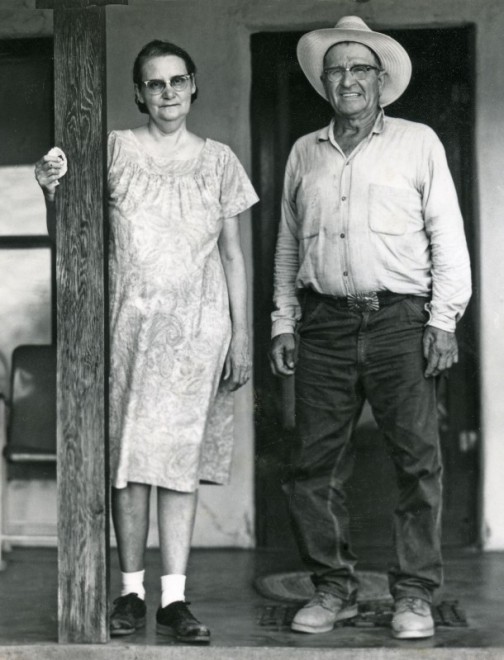No part of the so-called Promised Land is less promising than the Arizona Strip, home to lizards, Gila monsters, the desert tortoise, and a rancher named Cliven Bundy, whose forebears, he says, were sent to settle the area by none other than Brigham Young. And now Mr. Bundy has become famous for standing up to the federal government, which holds title to the majority of sun-baked desert scrubland upon which Bundy’s cattle wander far and wide in search of something green to eat. Bundy’s argument is that he shouldn’t have to pay fees to graze his cows on public land because, well—why should he? Sean Hannity of Fox News is in his corner, along with a ragtag army of armed “patriots” who have converged upon Bunkerville in order to make sure the Bureau of Land Management doesn’t confiscate Bundy’s trespassing livestock.
I used to cover stories like this and in fact was asked by a pro-ranching publication to cover this one, but I declined. Why? Because over the years I’ve learned to tell the difference between a person who has a legitimate grievance and someone whose brains have turned to oatmeal, the result of watching too much Fox News.
Forty years ago that wasn’t possible if you lived along the Arizona Strip, because you were too far removed from the nearest broadcast tower. Moreover, you were surrounded by mountains that disrupted the signal. So what you did at night was sit on the porch, gaze at the star-spangled heavens and ponder your place in the universe. You then turned in early, because you had to rise at dawn and get to work.
All during this standoff I’ve been wondering, “When is Mr. Bundy going to do some work? What kind of a ranch is it where all you’ve got to do all day long is run around waving a flag and holding press conferences? And who is this guy Hannity, who appears to know absolutely nothing about anything?”
How far we have fallen, if Cliven Bundy is the closest thing we’ve got to an American hero. But things weren’t always this way. In 1974 I traveled to the Strip to interview a rancher named Afton Reber, a lifelong resident of Littlefield, Arizona. Reber’s deeded pasture had just been cut in half by a newly constructed stretch of Interstate 15. For sunbirds and funbirds, the Virgin Narrows cutoff was a blessing, shortening the drive to Las Vegas and/or Disneyland by almost an hour. But for Afton, it was a major headache. Now his cows had no way to get from one side of the pasture to the other.
Afton and his wife Ara struck me as heroic figures. I admired them because somehow they had managed to survive in this godforsaken place. And from the looks of them, it hadn’t been easy.
Fox News didn’t exist at the time, and even if it had, they wouldn’t have been interested in the plight of Afton Reber. Why? Because there was no way the story could have been framed in such a way that the Koch Brothers would be better off financially if only Afton’s cows were able to move from one end of the pasture to the other. As a result, no air-conditioned television trailers arrived, no self-styled militiamen rushed to the ramparts. No flags were waved, no guns were drawn and no lives were threatened.
Mr. Reber did have a shotgun, and I’m sorry to say he turned it on himself not long after our visit. Why? I have no idea, but if one is a human being there is always that risk. Especially if you live in a place without radio or television to distract you from contemplating the human condition.
Nowadays whenever I drive south on I-15 I take the Littlefield exit and pay my respects to Afton and Ara, whose headstones are adorned with plastic roses because real roses won’t last five minutes in the desert. The cemetery is far enough off the pavement that you can hear the twitter of birds and lowing of distant cows. At night you can hear the yipping and howling of the actual fox network, and if you look up you’ll see millions of stars. And then you’ll know for a certainty that for all of us, no matter how much noise we make or how proudly we strut our stuff upon the worldly stage, the final curtain will surely fall.

